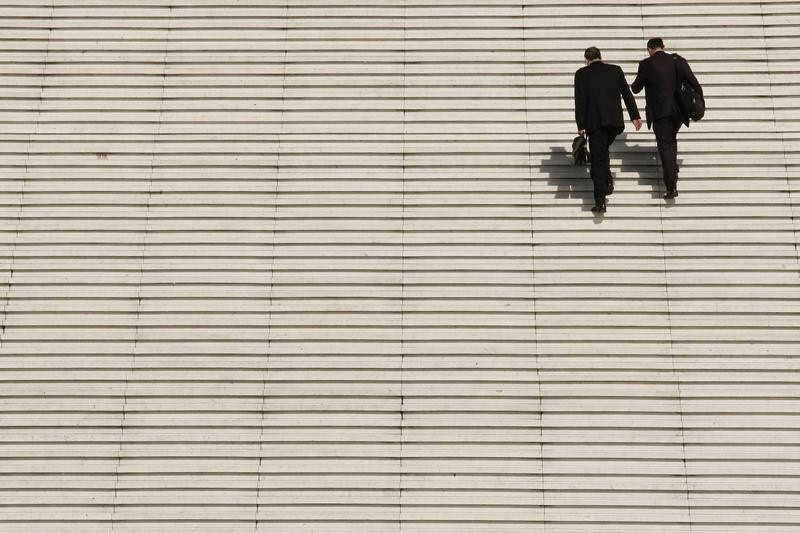ÇİB/Aslan: Countries Challenge Steel Imports, Turkey Shifts Focus to Value-Added Production
Forex - The Steel Exporters' Association (ÇİB) conducted a trade delegation to Tbilisi, the capital of Georgia, with a team of 28 companies and 60 participants. Adnan Aslan, Chairman of ÇİB, noted that Turkey ranks third in Georgia's steel imports and highlighted that Turkey's exports increased by 45% in the first ten months of this year. He emphasized the strategic importance of Georgia as a gateway to Central Asia and other regional markets. Despite the challenges posed by protectionism, quotas, and taxes in the steel sector, Aslan stated that Turkey is expected to close the year with a total increase of 22%. He also pointed out that Turkish manufacturers are making significant investments in high-value-added products.
The Steel Exporters' Association (ÇİB) hosted its eighth trade delegation this year in Tbilisi, Georgia. The delegation, consisting of 28 companies and 60 individuals, held over 500 meetings with more than 100 firms to better understand the steel market and create new business opportunities.
RAPID INCREASE IN EXPORTS TO GEORGIA Evaluating the event in Georgia, Adnan Aslan mentioned that Turkey exported 148,000 tons of steel products to Georgia in 2023, making it the third-largest supplier of steel to the country. He emphasized that Turkey holds a 20.8% market share in Georgia's total steel imports, stating, "Although Georgia primarily imports steel from Russia in 2023, our exports to Georgia have increased by 45.1% compared to the same period last year, reaching 163,000 tons in the first ten months of 2024. This increase clearly demonstrates the strengthening relationship between Turkey and Georgia. We consider Georgia a strategic gateway to Central Asia and other regional markets. With the event we held in Tbilisi, we aimed to facilitate direct contact between our companies seeking to enter the Georgian market and potential buyers, while also increasing our exports further. We believe these meetings will provide significant business opportunities for our firms."
Aslan noted that the highest exports to Georgia came from seamless pipe products, totaling 73,000 tons and holding a 45.1% share, followed by flat hot products and construction components in second and third place, respectively.
EXPORTS INCREASE AFTER EACH DELEGATION Aslan emphasized that the organized trade delegations create significant opportunities for increasing exports, stating, "This year we conducted a total of 8 events in different countries. We will continue these events next year. Our companies first come and see the market, meet local firms, and explore business practices. Seeing that our government supports us during these events gives great confidence. It brings us immense joy to see that our exports start to increase 5-6 months after every country we visit."
Reminding that Turkey experienced its golden year in steel exports in 2021, achieving a record 24 million tons, Aslan remarked that reaching that figure again would be challenging. He predicted that this year would conclude with around 17 million tons of exports, which would represent a 22% increase compared to last year, and expressed the intention to maintain this figure in 2025.
COUNTRIES POSE CHALLENGES IN STEEL IMPORTS, TURKEY FOCUSES ON HIGH-VALUE PRODUCTION Aslan explained that protectionism, quotas, and taxes in the steel sector have started to create serious challenges for exports, stating, "Additionally, some countries are imposing technical barriers. When a country increases its imports by 15-20%, local manufacturers immediately apply to their governments to initiate investigations, and governments do open investigations. The steel sector is evolving into a model where everyone produces and consumes locally. Every country begins investing in production after a certain period of importing a product. Ten years ago, all of the United Arab Emirates' iron needs for airports, roads, and highways were met by Turkey; now, the UAE has become a net exporter. Countries like Saudi Arabia, Qatar, and Oman have also significantly increased their production. Exports will become increasingly regional. Thus, to boost exports, there is a need to focus more on high-value-added products. Manufacturers in Turkey are currently making substantial investments in high-value-added products."
Aslan noted that Turkey is the eighth largest steel producer in the world and shares the top two positions in Europe with Germany, while it continues to hold the top export position in Europe.


